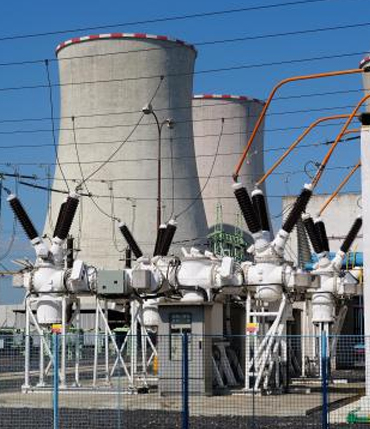10:00am - 05:30pm






a) Who we are:-
NPC, though an autonomous body, is directly linked to Ministry of Industry, Government of India.The Orissa State Productivity Council is almost the State level counterpart.Both organizations work with close co-operation to create a win-win situation, in very activity they perform together.
b)Constitution :-
This council is structured as an autonomous body with four constituents

Process management refers to the techniques and practices used to oversee and optimize the activities and workflows within an organization. This includes identifying and analyzing business processes, defining roles and responsibilities, monitoring performance, and continuously improving processes to increase efficiency and effectiveness. Effective process management can help organizations reduce costs, increase productivity, and improve customer satisfaction. Common tools and methodologies used in process management include process mapping, flowcharting, Six Sigma, Lean, and Agile.

Human resource management (HRM) is the practice of managing the employees or human capital of an organization. HRM encompasses a range of activities, including recruiting, hiring, training, compensating, and evaluating employees. The goal of HRM is to maximize the performance of the organization by ensuring that the right people with the right skills and abilities are in the right roles. Effective HRM also involves developing and implementing policies and procedures that support the needs of employees and the organization as a whole. Some common HRM functions include performance management, employee relations, benefits administration, and compliance with employment laws and regulations. HRM plays a critical role in the success of any organization by helping to attract, retain, and develop the talent necessary to achieve business goals.

APlant engineering is a discipline that focuses on the design, construction, and operation of industrial plants and equipment. It involves the application of engineering principles to the planning, design, and construction of physical plant facilities and equipment, including machinery, piping systems, electrical systems, and control systems. Plant engineers are responsible for ensuring that these facilities and equipment operate efficiently, safely, and reliably to meet the needs of the organization. They also oversee the maintenance and repair of plant equipment to ensure that it remains in good working condition. Some common tasks of plant engineers include analyzing production processes, designing and implementing new equipment and systems, managing plant maintenance and repair, and ensuring compliance with safety and environmental regulations. Effective plant engineering is critical to the success of any industrial organization, as it ensures that production processes are efficient, cost-effective, and meet the needs of customers.

Energy management is the practice of using technology, policies, and behavioral change to reduce energy consumption and improve energy efficiency in buildings, facilities, and industrial processes. The goal of energy management is to optimize energy use while reducing costs and environmental impact. This involves identifying areas of energy waste, implementing energy-efficient technologies and practices, and educating employees and stakeholders about energy conservation. Effective energy management can help organizations reduce energy costs, enhance their reputation, and comply with energy regulations. Some common energy management practices include energy audits, building automation systems, renewable energy systems, and energy-efficient lighting and HVAC systems. By implementing effective energy management practices, organizations can reduce their carbon footprint and contribute to a sustainable future.

Quality management is the practice of ensuring that products, services, and processes meet or exceed customer expectations and comply with industry standards and regulations. The goal of quality management is to improve the overall performance and reliability of products and services while reducing costs and minimizing waste. This involves identifying and measuring key quality indicators, implementing quality assurance processes, and continuously monitoring and improving performance. Effective quality management can help organizations increase customer satisfaction, reduce defects and errors, and improve efficiency and profitability. Some common quality management tools and methodologies include Six Sigma, Lean, Total Quality Management (TQM), and ISO 9000 standards. By implementing quality management practices, organizations can establish a culture of continuous improvement and position themselves for long-term success.

Environmental management refers to the practices and processes used to manage and protect the natural environment from human activities. The goal of environmental management is to minimize the negative impact of human activities on the environment while promoting sustainable use of natural resources. This involves identifying and assessing environmental risks, implementing strategies to reduce pollution and waste, and monitoring and reporting on environmental performance. Effective environmental management can help organizations comply with environmental regulations, reduce costs associated with waste and pollution, and improve their reputation and relationships with stakeholders. Some common environmental management practices include environmental audits, pollution prevention programs, sustainable resource management, and environmental impact assessments. By implementing environmental management practices, organizations can demonstrate their commitment to sustainable development and help create a more sustainable future for all.


9th
FEB
Virtual Competition

16th
FEB
Celebration